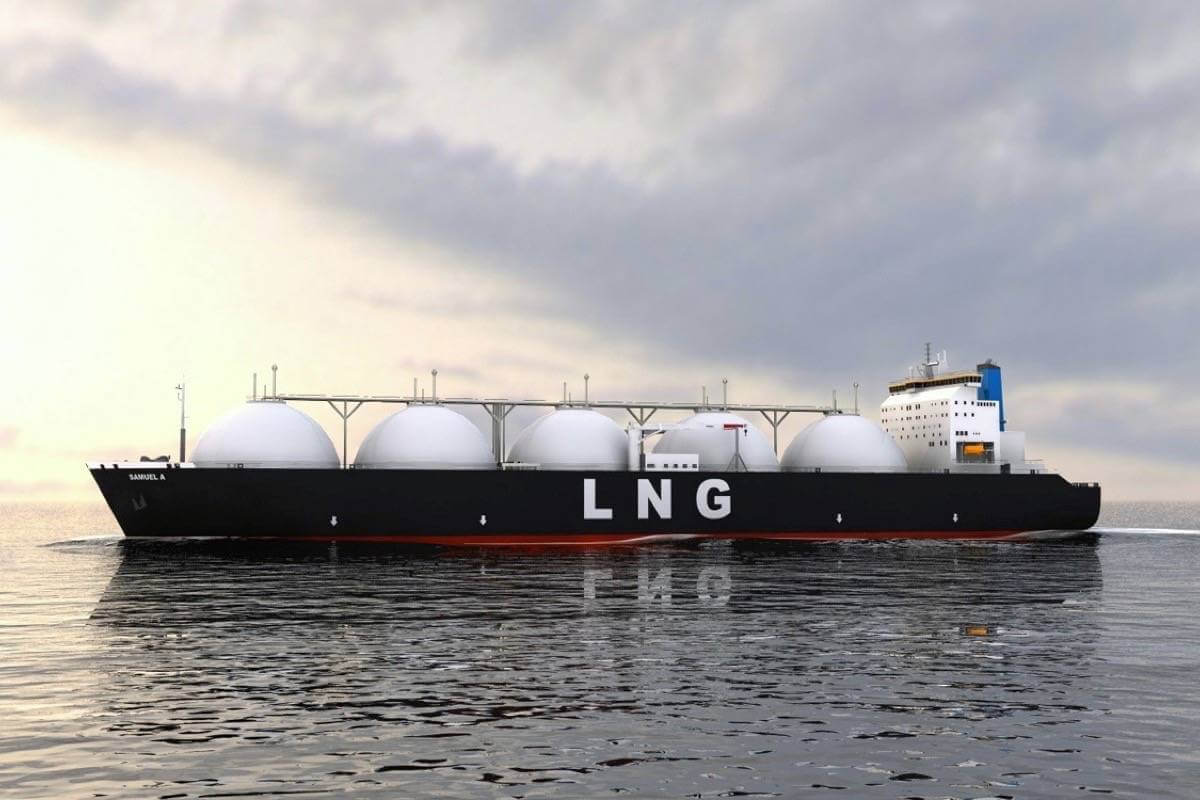This article originally appeared in the Calgary Herald.
By Jerome Gessaroli, November 27, 2023
It stands to reason that Canada should get carbon credits for replacing dirty coal-fired energy sources in Asia with our cleaner natural gas, preventing the release of many megatonnes of greenhouse gas emissions. But as the issue currently stands, we won’t.
However, there’s hope for reason.
A recent paper I wrote for the Macdonald-Laurier Institute sheds light on the confusion surrounding this matter. Based on the 2015 Paris Agreement, specifically Article 6, and the subsequently developed guidelines for the sharing of carbon reduction credits, liquid natural gas exports should be eligible to generate such credits for Canada — just not in a way envisioned by provincial leaders.
Former B.C. premier Christy Clark and successive premiers have argued since 2013 that LNG exports alone should be counted toward carbon credits for Canada and its provinces. Researchers estimate that if Asian countries replace coal with natural gas in their power plants, emissions would fall by 34 to 62 per cent.
However, each time this argument resurfaces, it faces criticism from various quarters.
The confusion over sharing carbon credits arises from the disconnect between the idea’s simplicity and its complex implementation.
Carbon credit eligibility is based on the principle that only emission reduction projects that would not have proceeded without access to carbon credits meet a so-called “additionality” criterion. While there are other criteria, the additionality criterion is the heart of credits sharing regime.
A straightforward LNG export contract with an Asian utility that substitutes gas for coal would probably not be eligible to generate any carbon credits for the Canadian side. While the deal does lower GHG emissions, those reductions are not “additional” and the deal would go ahead with or without the availability of emissions credits.
However, there is another scenario that would likely qualify to receive carbon credits. In this scenario, in addition to selling LNG, the Canadian company helps the Asian utility convert its coal-fuelled plant to a natural gas plant. In this case, the utility’s motivation is to avoid prematurely shuttering its power plant and losing its investment due to stricter emission standards.
On the Canadian side, support may involve providing technical services, financing or other assistance. While more costly for Canada, those extra expenses could be more than offset by the value of carbon credits transferred by the Asian side. Canada would win by accruing revenue from the sale of LNG, providing additional Canadian-based services, and receiving valuable carbon credits to help meet our emissions targets. This deal is “additional” – its feasibility is contingent on its eligibility for carbon credits.
Critics warn that selling LNG abroad will “lock in” fossil fuel use and delay the transition to renewables. The reality is that the average age of Asian coal-fuelled power plants is only 13 years (with a lifespan of up to 40 years) and that over 1,000 new coal plants have been announced, permitted or are currently under construction.
These are the facts, whether we like them or not. This reminds me of the quote often attributed to John Maynard Keynes, “As the facts change, I change my mind. What do you do, sir?” What we can do is assist in switching some of these plants from burning coal to LNG, which will substantially reduce GHG emissions over the short and medium term; not to mention help energy workers keep their jobs.
Critics also assert that producing LNG in British Columbia creates emissions which could prevent the province from meeting its own emission reduction targets. Yet studies estimate that using just over half of LNG Canada’s annual Phase 1 production capacity to replace coal could reduce international GHG emissions by 14 to 34 Mt while increasing yearly emissions in B.C. by less than two megatonnes.
Creating the infrastructure to transfer carbon credits under the Paris Agreement is a complex and relatively new endeavour. Earning carbon credits is also a non-trivial task. It will require the federal government to initiate bilateral agreements and negotiate common policies and practices with any partnering country for calculating, verifying, allocating and transferring credits. Alberta and B.C. are already co-operating.
Generating carbon credits from LNG exports is potentially a cost-effective way to reduce GHGs globally while helping to meet our carbon reduction goals.
Jerome Gessaroli is a senior fellow at the Macdonald-Laurier Institute and leads The Sound Economic Policy Project at the British Columbia Institute of Technology






